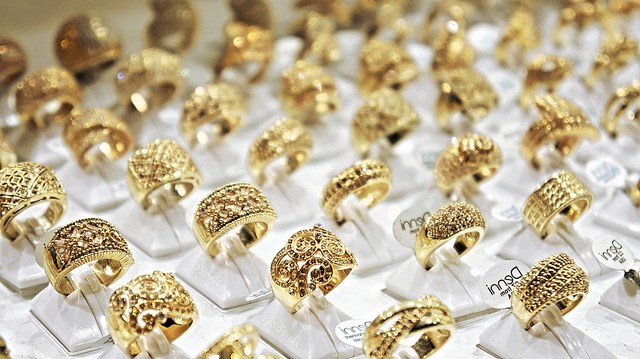Boutique wealth shops carry a much higher brand cachet than bigger firms among multimillionaires, according to a recent survey by the Luxury Institute. While Rockefeller Wealth Management rose to the top of the list, several of the biggest firms, including Merrill Lynch and UBS Private Wealth Management, continued an ongoing descent toward the bottom.
In the study, the Luxury Institute asked multimillionaires with an average net worth of $15 million and average annual income of $800,000 to evaluate wealth firms on factors including product quality, exclusivity, social status and ability to deliver special client experiences, and assigned firms a score based on the responses.
Rockefeller Wealth Management, a New York-based multi-family office, topped the list of highly ranked wealth managers. Coming second was Atlanta-based Atlantic Trust Private Wealth Management. Convergent Wealth Advisors was a close third, followed by First Republic Private Wealth Management and Bessemer Trust.
“Consumers are opting for boutique firms,” says Luxury Institute CEO Milton Pedraza. “Wealthy consumers really value relationships and the smaller boutique firms really deliver.”
Some of the biggest firms meandered at the bottom or sunk lower. Merrill Lynch tumbled to last place out of 39 firms, while UBS Private Wealth Management came in second to last. Bank of America, Goldman Sachs and Charles Schwab rounded out the bottom five.
The brand reputation problem facing some of the largest firms is partially driven by legal and regulatory woes and other negative press coverage some of the brands attracted since 2008, Pedraza says. “Any time you have news that’s a negative in the media, these firms are going to get hit,” he says. “The larger firms took a beating.”
Other big brands, including, Citi Private Bank, Barclays Wealth, HSBC Private Bank and Wells Fargo also ranked in the bottom half of brands.
The rankings reflect general wealthy individual perceptions of overall brands, rather than specific client experiences, Pedraza ways. While the specific rankings tend to vary from year to year, quartile placement remains relatively stable, he says. This year’s results continue an ongoing trend of boutique wealth shops rising in the rankings and wirehouses and bigger firms sliding lower, he says. While dropping slightly from its number three spot in 2013, Bessemer Trust made the top five list several years in a row. Brown Brothers Harriman, which took the top spot last year and in 2012, tumbled off the top five list. Northern Trust, Vanguard Personal Investors and J.P. Morgan Private Wealth Management also fell out of the top five.
Boutique shops have an advantage over larger firms when it comes to creating a connection with wealthy investors, says Linda Beerman, chief fiduciary officer and head of wealth strategies for Atlantic Trust. “Our clients feel they have an exclusive relationship with their client service representatives,” says Beerman. “It’s really a high-touch, client-service driven model.”
Offering unique experiences and hosting events is one way Convergent Wealth Advisors positions itself as a luxury brand, says Douglas Wolford, president and chief operating officer for Convergent Wealth Advisors. “Wealthy people can find any number of people who are good investors, but what most wealthy people want is an experience,” Wolford says. “Boutiques provide that experience better than big companies.” “We focus on trying to provide clients with experiences that money can’t buy,” says Wolford.
Such experiences go a long way in attracting wealthy clients and enhancing the firm’s reputation as a luxury brand, Wolford says. “Convergent is a luxury brand and we take care to protect that as part of our image,” he says. And that image has contributed to client development, according to Wolford. Convergent Wealth Advisors has seen its Independence by Convergent unit, which caters to investors with between $1 million and $10 million in assets, grow in recent years, driven in part by brand perception, Wolford says. That division has added about 300 new high-net-worth clients over the past two years.
Overall, wealthy individuals are apt to place a greater degree of trust in smaller, boutique firms, says Pedraza. For brands at the bottom, “There’s only up they can go,” Pedraza says.
